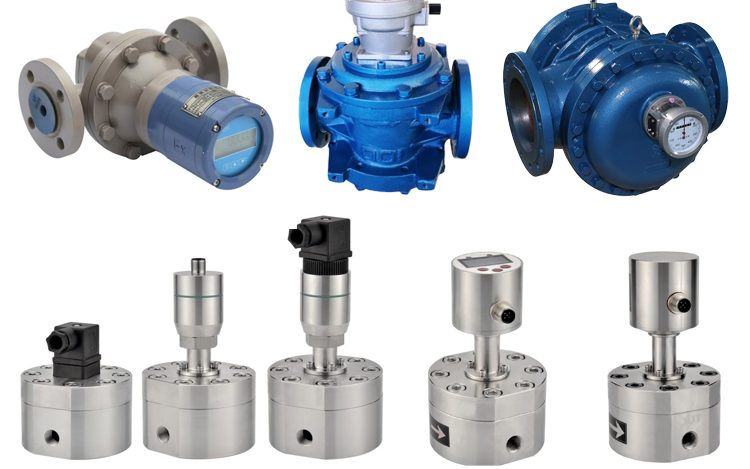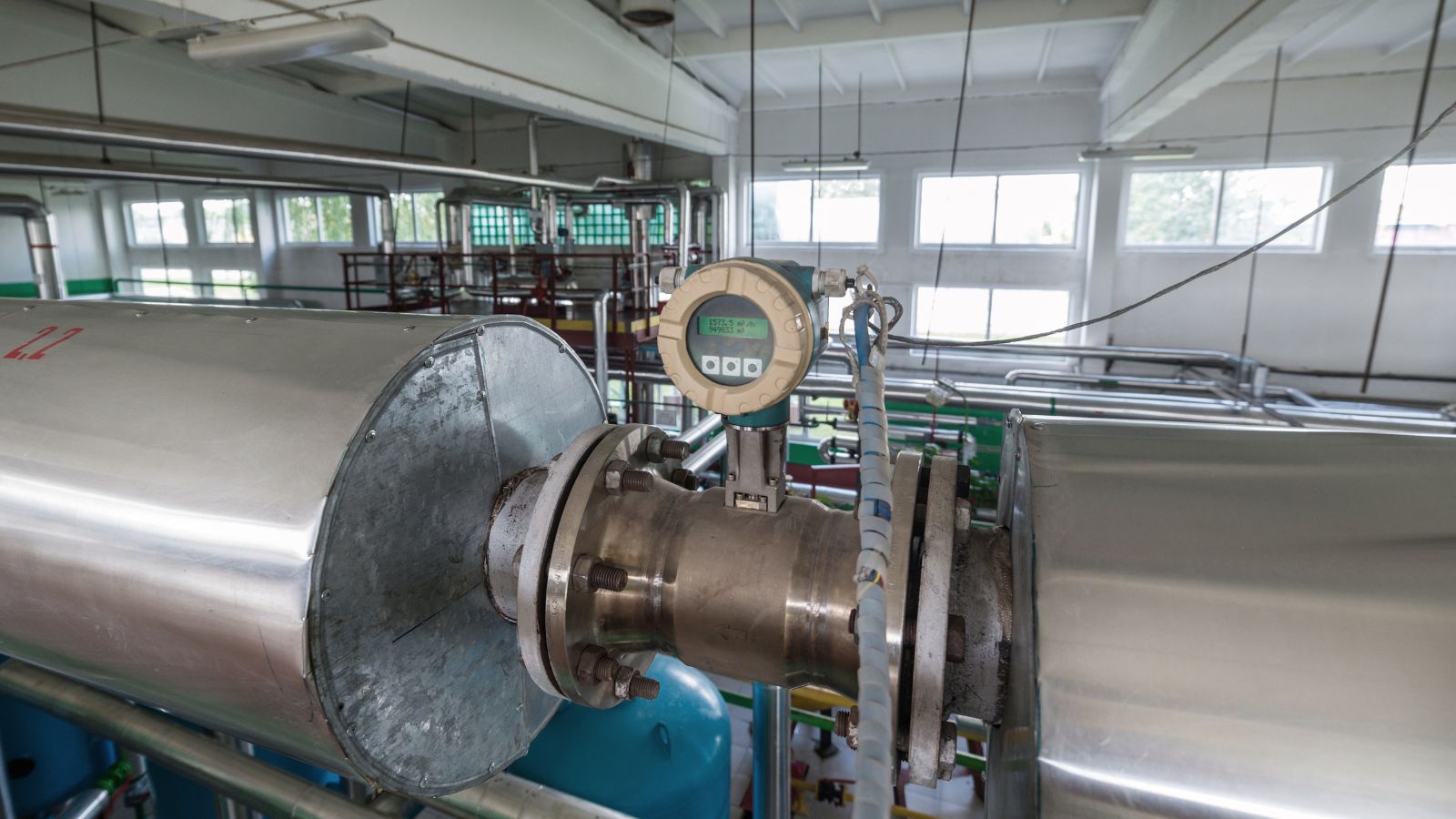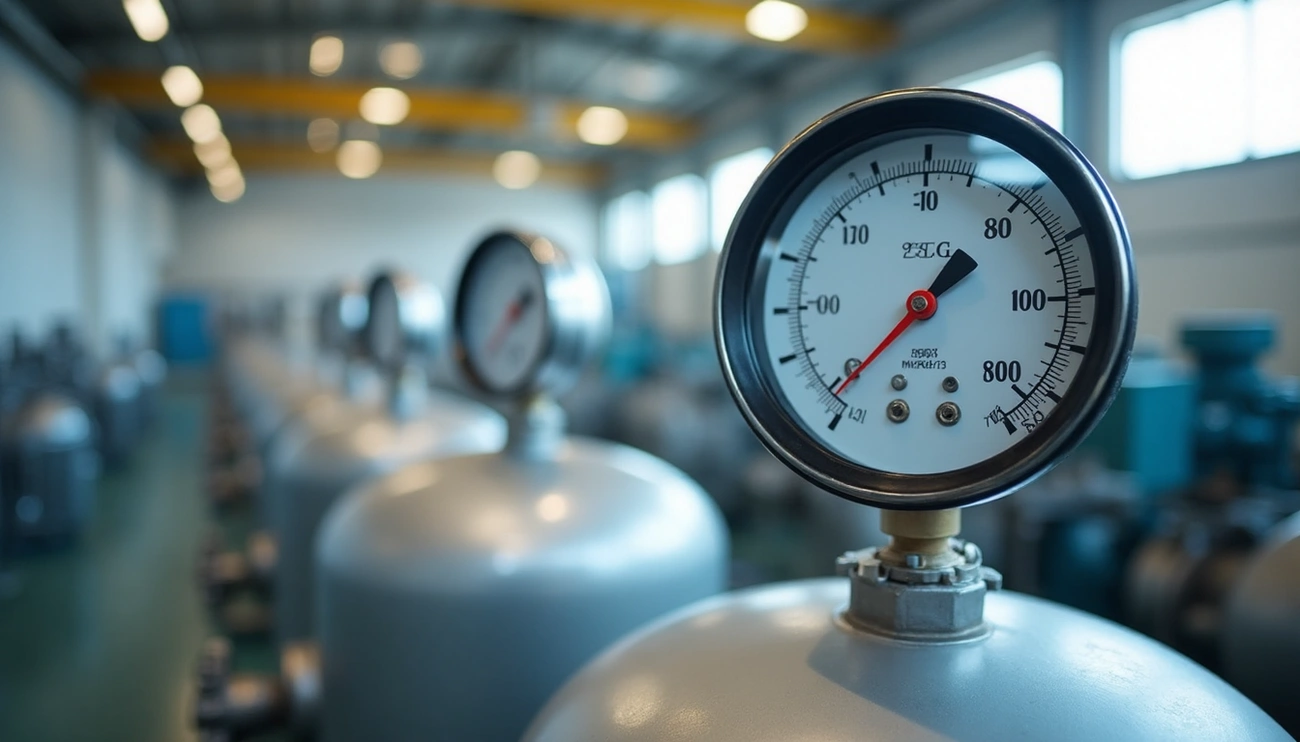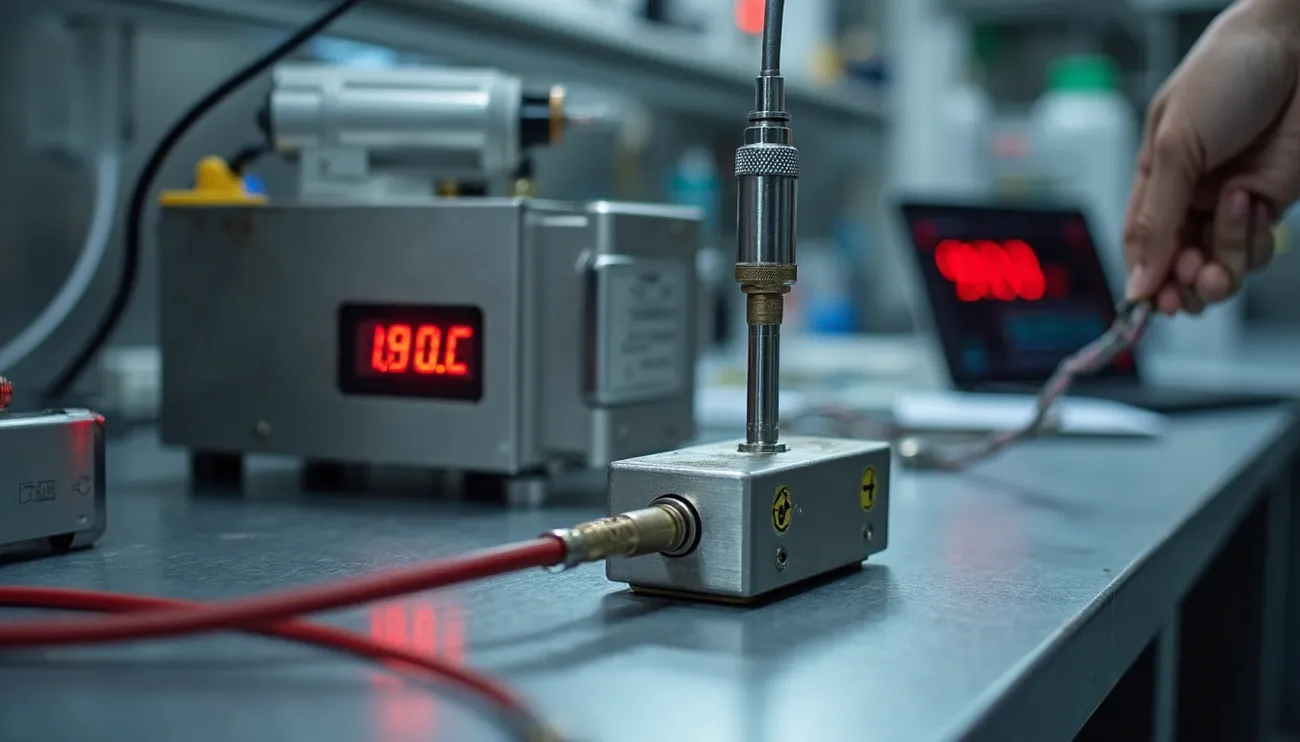Fuel flow meters have become an essential tool in modern fleet management. These devices provide accurate measurements of fuel consumption, allowing fleet managers to optimize their operations and reduce costs. By monitoring fuel usage in real-time, fleet managers can make data-driven decisions and implement effective strategies to improve efficiency. In this article, we will explore the importance of accurate fuel measurement in fleet management and how fuel flow meters can revolutionize the way you manage your fleet.
The importance of accurate fuel measurement in fleet management
Accurate fuel measurement is crucial for fleet management for several reasons. First and foremost, it allows fleet managers to track fuel consumption and identify any discrepancies or inefficiencies. By knowing exactly how much fuel is being used by each vehicle in the fleet, managers can identify potential fuel theft or unauthorized usage. This not only helps prevent financial losses but also promotes accountability among drivers.
Moreover, accurate fuel measurement enables fleet managers to optimize routes and minimize fuel wastage. By analyzing the fuel consumption data provided by fuel flow meters, managers can identify routes or driving patterns that consume excessive fuel and take corrective actions. This can result in significant cost savings and reduce the fleet’s environmental impact.
What is a diesel fuel flow meter?
If you want to measure the volume of fuel used by the diesel engine, you just need two fuel flow meters. Place diesel flow sensor at the fuel’s supply line and the other fuel oil flow meter in the fuel’s return line and subtract the difference electronically to get the exact number. Although it sounds easy to measure the difference, it is very tough to get the measurement right in reality.
The most important use of diesel is for diesel engines for vehicles and ships. Compared with gasoline, diesel has high energy density and low fuel consumption rate. Diesel fuel has low energy consumption, so some small cars and even high-performance cars also use diesel. Diesel is flammable, volatile, and insoluble in water, soluble in alcohol and other organic solvent. Customers need diesel flow instruments to monitor diesel fuel consumption in the automotive, marine, portable fueling and power generation industries and so on.
How fuel flow meters work
Fuel flow meters work based on different principles depending on their type. Positive displacement flow meters, for example, use a chamber that fills and empties with each measured volume of fuel. The number of chamber fillings determines the flow rate, which is then converted into volume measurements.
Turbine flow meters, on the other hand, have a rotor with blades that spin in response to the flowing fuel. The rotational speed of the blades is directly proportional to the fuel flow rate, and this speed is converted into volume measurements.
Ultrasonic flow meters use sound waves to measure the velocity of the fuel flow. By measuring the time it takes for sound waves to travel through the fuel, the flow rate can be accurately determined.
Benefits of using fuel flow meters in fleet management
The use of fuel flow meters in fleet management offers numerous benefits. Firstly, it provides real-time visibility into fuel consumption, allowing fleet managers to monitor fuel levels and plan refueling efficiently. This eliminates the need for manual monitoring or guesswork, reducing the risk of running out of fuel during critical operations.
Secondly, fuel flow meters enable accurate fuel reconciliation. By comparing the fuel dispensed with the fuel consumed, fleet managers can identify any discrepancies and take immediate corrective actions. This helps prevent fuel theft and ensures that every drop of fuel is accounted for.
Additionally, fuel flow meters provide valuable data for analyzing vehicle performance and identifying maintenance needs. By monitoring fuel consumption patterns, fleet managers can detect any sudden increase in fuel usage, which may indicate a mechanical issue or inefficient driving habits. Timely maintenance can be scheduled, preventing costly breakdowns and prolonging the lifespan of the vehicles.
SenTec supply in-line mechanical or digital diesel fuel flow meter. Liquid turbine flow meter, oval gear flow meter also coriolis flow meter is often requested flow instruments for diesel flow measurement. Oil flow meter is from China leading flow meter manufacture with rugged construction also fast delivery time.
Different types of fuel flow meters
Oval gear flow meter for diesel flow measurement
Positive displacement flow meter (PD flow meter) Can be made into mechanical type diesel oil flow meter or with flow transmitter option
Oval gear flow meter with 0.2% High accuracy, bulky size and robust construction
In-line fuel flow meter with various material options, cast iron, cast steel, stainless steel
No straight pipeline needed when installation the oil flow sensor
High accuracy: 0.5% or 0.2% option
Oval gear flow meter Can with various outputs, such as 4-20mA, pulse or Hart, Modbus
Sensor size from DN10 to DN200 (8 inch diesel fuel flow meter)

Turbine flow meter (TUF) for diesel flow measurement
Low cost and compact size digital diesel flow meter
Option with electronic displays: Battery operated or 12 or 24V DC external power
Turbine flow meter Stainless steel oil flow meter
Turbine flow meter with Various process connection: thread, flange or tri-clamp connection
Sensor size from DN6 to DN200 (8 inch turbine flow meter)
Various sizes available: from simple and economical turbine sensor to turbine transmitter with various outputs and digital display
Coriolis mass flow meter for diesel oil flow metering
Indeed direct accurate mass flow measurement
High accuracy: 0.15%~0.2%
Various parameters detected by only one Coriolis sensor: diesel mass flow, density, temperature
Reliable and excellent performance, used in custody transfer
All 316L stainless steel material
Inline diesel fuel flow meter
Factors to consider when choosing a fuel flow meter for your fleet
When choosing a fuel flow meter for your fleet, several factors should be taken into consideration. Firstly, the compatibility of the flow meter with the fuel type used in your fleet is crucial. Some flow meters are specifically designed for diesel fuel, while others can handle a wide range of fuel types.
Secondly, the flow meter’s accuracy and reliability are essential. Look for flow meters that have been tested and certified for accuracy in various operating conditions. Additionally, consider the maintenance requirements and the availability of spare parts for the chosen flow meter.
Installation and maintenance of fuel flow meters
The installation of fuel flow meters should be carried out by trained professionals to ensure accurate readings and proper functionality. Proper calibration and positioning of the flow meter are critical for reliable measurements. Regular maintenance, including cleaning and calibration, should be performed to ensure optimal performance.
Case studies showcasing the impact of fuel flow meters on fleet management
Several case studies have demonstrated the positive impact of fuel flow meters on fleet management. One such case study involved a logistics company that implemented fuel flow meters in their fleet. By accurately measuring fuel consumption, they were able to identify and address inefficiencies, resulting in a 10% reduction in fuel costs and improved overall fleet performance.
Another case study involved a construction company that installed fuel flow meters in their heavy machinery. By monitoring fuel usage in real-time, they were able to identify equipment that consumed excessive fuel and implement maintenance measures. This resulted in significant fuel savings and increased equipment uptime.
Cost savings and ROI of using fuel flow meters
The use of fuel flow meters in fleet management can lead to substantial cost savings and a positive return on investment (ROI). By accurately measuring fuel consumption and identifying inefficiencies, fleet managers can implement strategies to reduce fuel costs. This, coupled with improved maintenance practices and optimized routes, can result in significant annual savings.
The ROI of fuel flow meters varies depending on the size of the fleet and the specific operational conditions. However, many fleet managers report a positive ROI within the first year of implementing fuel flow meters due to the immediate cost savings and improved efficiency.
Conclusion: The future of fleet management with fuel flow meters
Fuel flow meters have revolutionized the way fleet management is conducted. With their ability to provide accurate and real-time fuel consumption data, these devices have become indispensable for optimizing fleet operations and reducing costs. As technology continues to advance, fuel flow meters will become even more sophisticated and integrated into fleet management systems. Embracing this technology is the key to staying ahead in the competitive world of fleet management.
CTA: Implement fuel flow meters in your fleet management strategy today and experience the transformative power of accurate fuel measurement. Contact us for more information on how fuel flow meters can revolutionize your fleet management.




